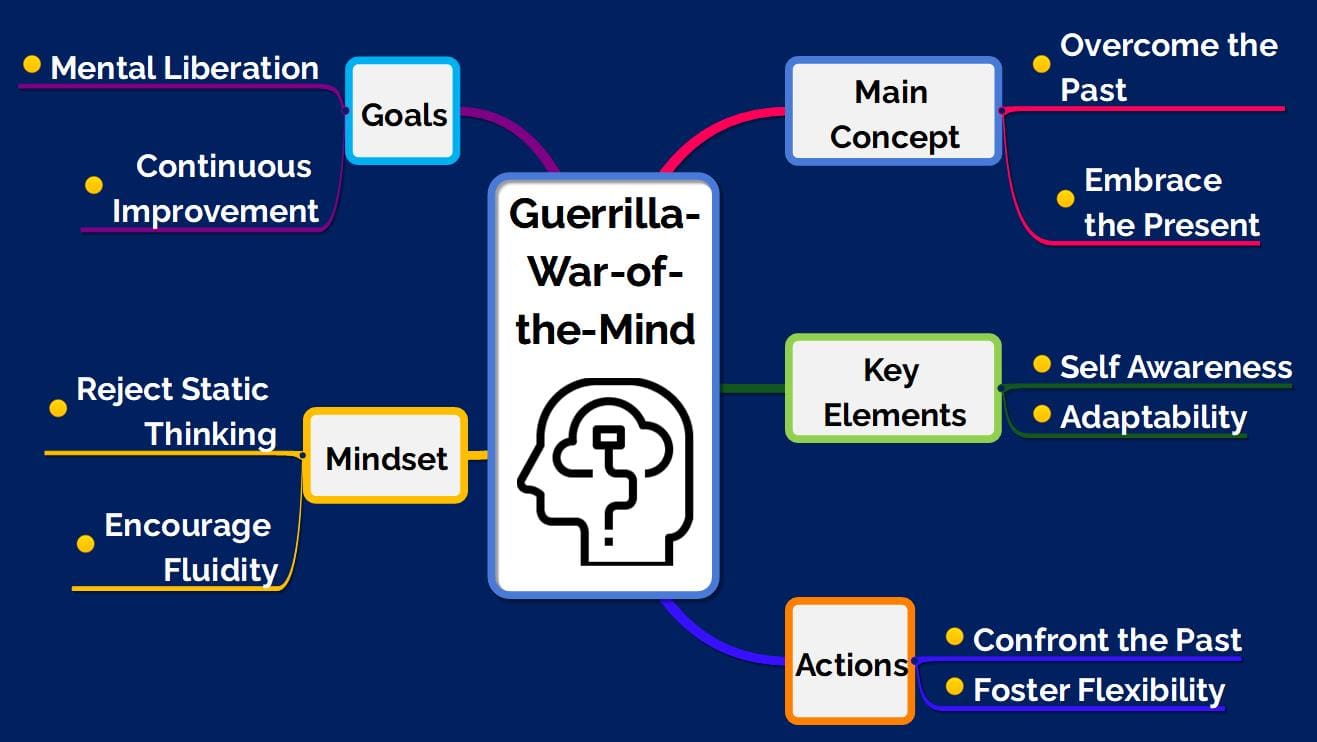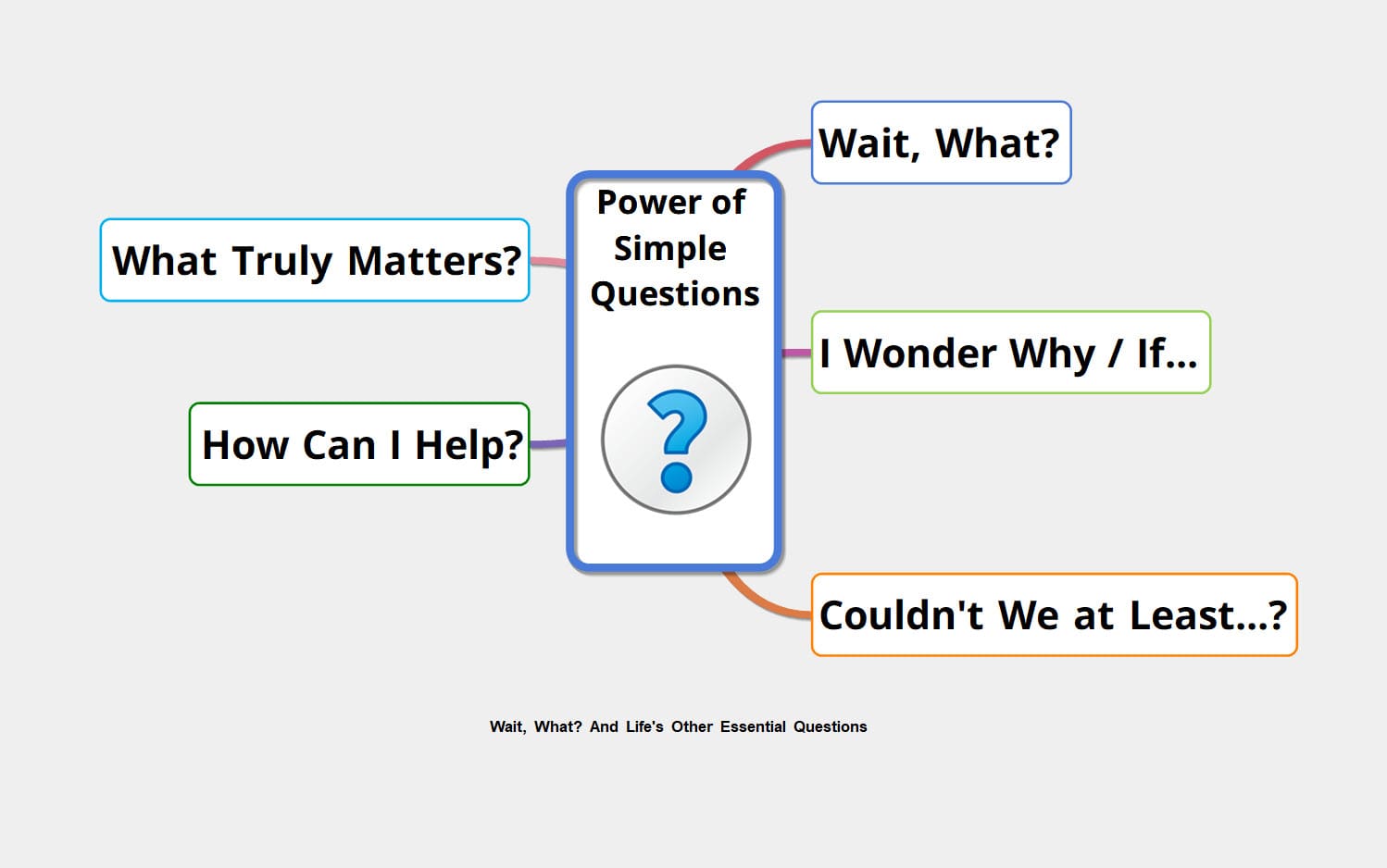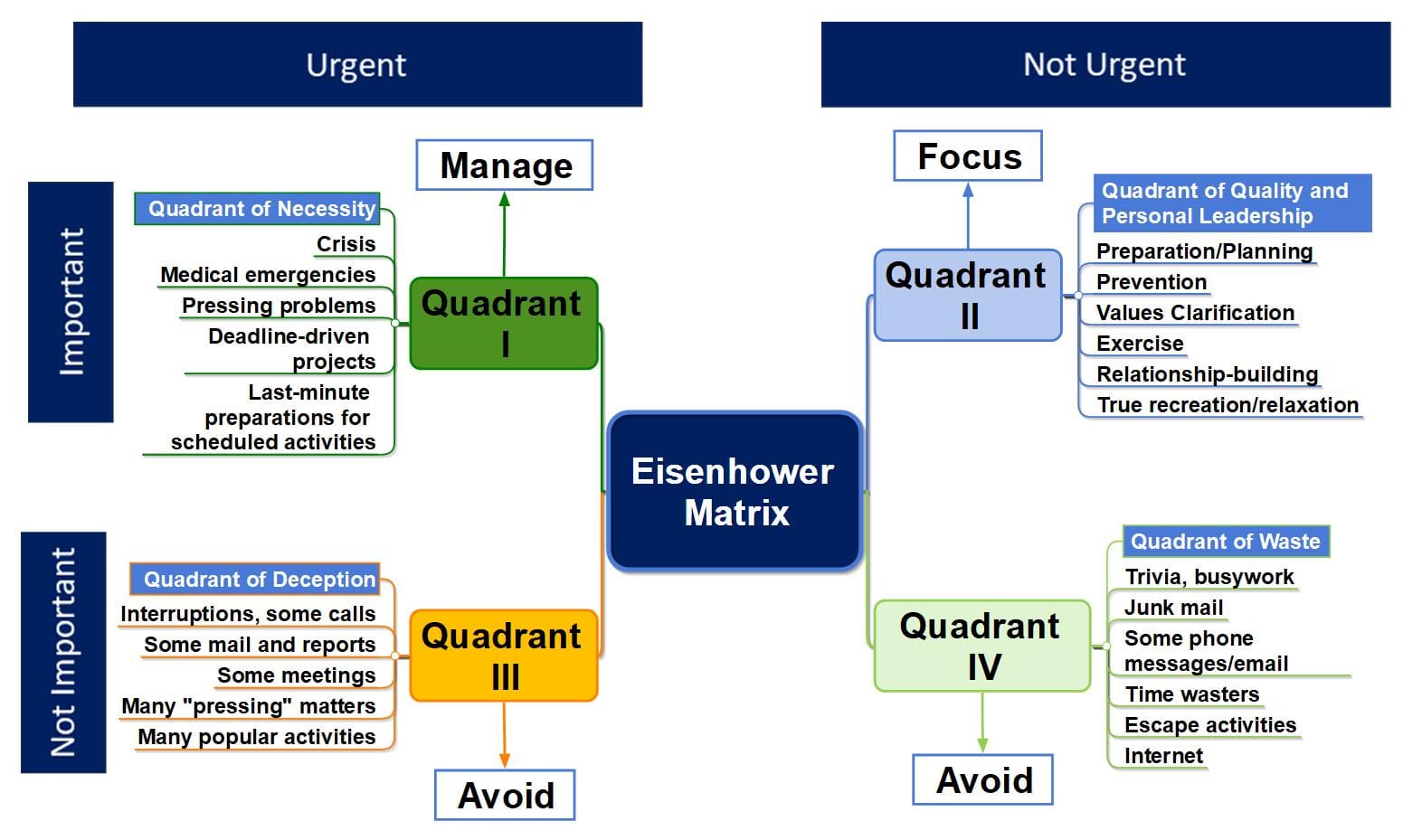The Power of Embracing Endings: A Prelude to Growth
As we stand on the brink of 2024, a pivotal moment for reflection and aspiration, understanding the power of endings becomes essential. Endings, often perceived with trepidation, are in fact gateways to new opportunities and personal evolution. Leveraging insights from Dr. Henry Cloud’s “Necessary Endings” and my professional journey as an executive coach, this blog aims to shed light on how judiciously concluding certain chapters of our lives can be a potent catalyst for change and progress.
The Nature of Endings
Endings are an inescapable aspect of our journey through life and business, as inherent as the sunrise of each new day. In Dr. Henry Cloud’s “Necessary Endings”, we encounter Stephen, a CEO facing the stagnation of his company. This narrative symbolizes a universal truth: for growth and advancement, certain aspects of our lives must conclude. Just as nature cycles through seasons, letting go of the old to make way for the new, we too must recognize when parts of our personal or professional lives have run their course.
The concept of an ending is often wrapped in a shroud of negativity, yet it’s essential for renewal and progress. It’s about acknowledging that what once served a purpose may no longer be relevant or beneficial. This could be a business strategy that’s no longer effective, a professional relationship that’s stagnated, or personal habits that hinder rather than help. The realization that something needs to end is not a sign of failure but an indication of growth and understanding.
In our personal lives, this might mean ending toxic relationships or unhealthy habits. In business, it could involve discontinuing outdated products or services, restructuring teams, or even pivoting the business model. The common thread in these endings is the opportunity they present for something new and better to emerge. Embracing endings is therefore not about loss but about potential and possibilities. It’s a courageous step towards a future that aligns more closely with our evolving goals and values.
Why Endings are Challenging
The resistance to endings often stems from a complex mix of emotions and fears. Dr. Cloud highlights several reasons why endings are challenging: fear of the unknown, fear of confrontation, and the sadness associated with parting ways. These fears can lead to paralysis, keeping us stuck in harmful patterns or toxic environments. Overcoming these fears, however, is a testament to resilience and often the first step towards meaningful transformation.
Endings can be difficult because they involve confronting not just a change in circumstances but also an internal change within ourselves. They force us to question our identity, our choices, and our future. For example, a professional might fear ending a long-term career path despite knowing it’s no longer fulfilling, due to the uncertainty of what lies ahead. Similarly, ending a personal relationship, even a harmful one, can be daunting because of the void it leaves.
Moreover, endings can be complex and messy. They often involve not just a single decision but a series of actions, each with its own emotional and practical implications. In a business context, this might mean having difficult conversations, reallocating resources, or managing the morale of a team during times of change. In personal life, it could involve redefining one’s lifestyle, habits, or social circle.
Embracing endings requires a blend of emotional intelligence, courage, and strategic thinking. It’s about recognizing when holding on does more harm than good and having the bravery to let go. It’s also about managing the transition that follows an ending, which can be a period of uncertainty and adjustment. The challenge lies in not just making the decision to end something but in navigating the aftermath effectively.
The Concept of Pruning
Dr. Cloud introduces the concept of pruning as a metaphor for necessary endings. Just like a rosebush that needs pruning to thrive, our lives and careers require the elimination of elements that no longer serve our greater purpose. Pruning involves critically evaluating and letting go of what is superfluous, unwell, and obsolete to reach our full potential.
In the natural world, pruning is essential for the health and growth of plants. It involves cutting away dead or overgrown branches or stems to increase fruitfulness and growth. Similarly, in our personal and professional lives, pruning is about making conscious choices to discontinue what hinders growth. This could be ending certain business practices, stepping away from unproductive relationships, or stopping behaviors that limit our potential.
Pruning is not a random or reckless act but a deliberate and thoughtful process. It requires us to assess what is valuable and what is expendable. This assessment isn’t always easy, as it can mean letting go of aspects of our lives that are comfortable or familiar but ultimately limiting. In a business context, this might mean reevaluating long-held strategies or business models that are no longer viable in a changing market. For individuals, it could involve reassessing personal goals, values, or relationships that no longer align with who they are or aspire to be.
Effective pruning also involves recognizing that not all growth is beneficial. Just as a rosebush may produce more buds than it can sustain, our lives and careers can become cluttered with commitments, goals, or tasks that, while seemingly positive, can dilute our focus and energy. Pruning allows us to concentrate our resources on the most fruitful areas, ensuring that our efforts yield the best possible results.
Applying Pruning in Business and Life
Identifying what needs pruning in our lives and businesses requires deep reflection and decisive action. Jack Welch’s tenure at GE exemplifies a strategic approach to pruning: prioritizing market leadership, addressing underperformance, and fostering workforce dynamism. These principles can be adapted to personal scenarios as well, urging us to assess and act on areas that require change.
In business, this means being ruthlessly honest about what’s working and what’s not. It’s about looking beyond short-term gains and considering long-term sustainability and growth. This might involve making tough decisions like cutting off a product line that’s no longer profitable or restructuring a team to better align with the company’s strategic goals. It’s about focusing on core competencies and shedding the rest, ensuring that the business remains competitive and relevant.
On a personal level, applying pruning means taking a hard look at our lives and asking ourselves tough questions: Are our daily activities and relationships propelling us toward our goals, or are they holding us back? Sometimes, this might mean ending a long-term friendship that’s turned toxic or giving up a hobby that’s no longer fulfilling. It could also mean reevaluating our habits and routines, discarding those that don’t contribute to our well-being or success.
The act of pruning in both business and life is not just about cutting away; it’s also about creating the space and opportunity for new growth. It’s about making conscious choices about where we invest our time, energy, and resources. The process of pruning might be uncomfortable, and the decisions tough, but the results — a more focused, productive, and fulfilling life or business — are well worth it.
Embracing New Horizons: A 2024 Vision
As we usher in 2024, let’s embrace the transformative power of endings and the exhilarating promise of new beginnings. This year symbolizes more than a mere change in the calendar; it represents a profound opportunity for personal and professional reinvention. The New Year is a canvas for our aspirations, a time to align our actions with our renewed goals. Let’s view every necessary ending as a bold step towards a brighter future, a chance to shed what no longer serves us and nurture our growth.
In this spirit, let 2024 be a year of courageous transformations, where we seize the potential embedded in every conclusion and the hope inherent in every fresh start. Here’s to a year where endings become the seeds of new, flourishing beginnings, leading us to a path of fulfillment and success.
Reference
Cloud, Henry. Necessary Endings: The Employees, Businesses, and Relationships That All of Us Have to Give Up in Order to Move Forward. HarperBusiness, 2010.






